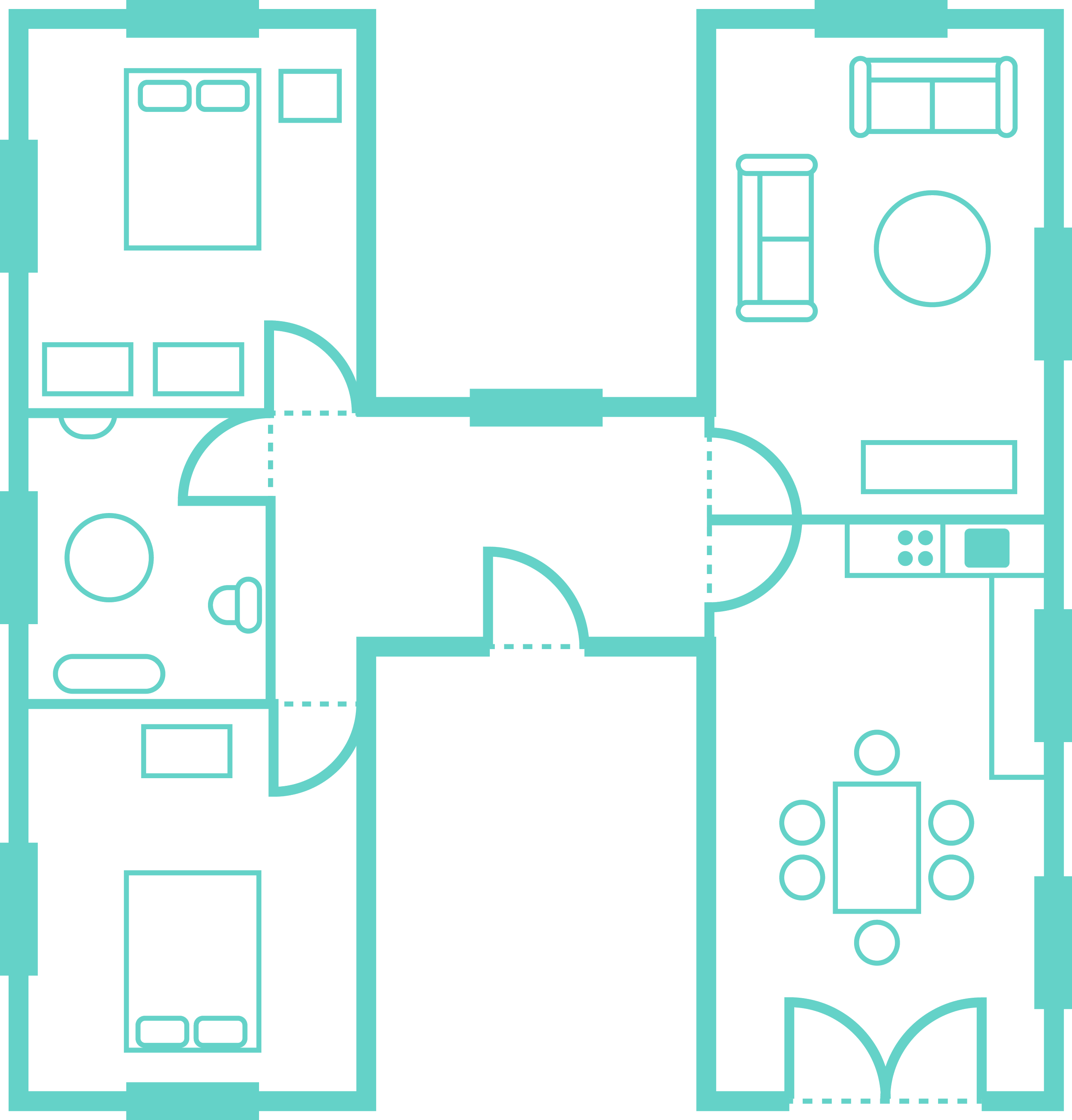
PAST EVENT
Designing Homes for
Sensory Differences
Summit 2024
From May to July 2024, we hosted four panel sessions, where expert speakers shared good practice in housing design for autistic people and people with sensory needs. Watch the session recordings below.
Across the summit, we shared good practice in housing design for autistic people and people with sensory needs (including people in mental health hospitals, or those at risk of admission). Our exploration of this topic was led by person-centred values. We increased understanding of sensory differences and why these matter in housing design.
Our goal was to review the literature, knowledge and expertise already available, and used that to identify a set of shared principles. This work is intended to support autistic people and their families, housing professionals, support providers, commissioners, architects or others working in this space.
We will be publishing a report summarising the learning from the panel sessions and discussions.
DHSD Webinar recordings
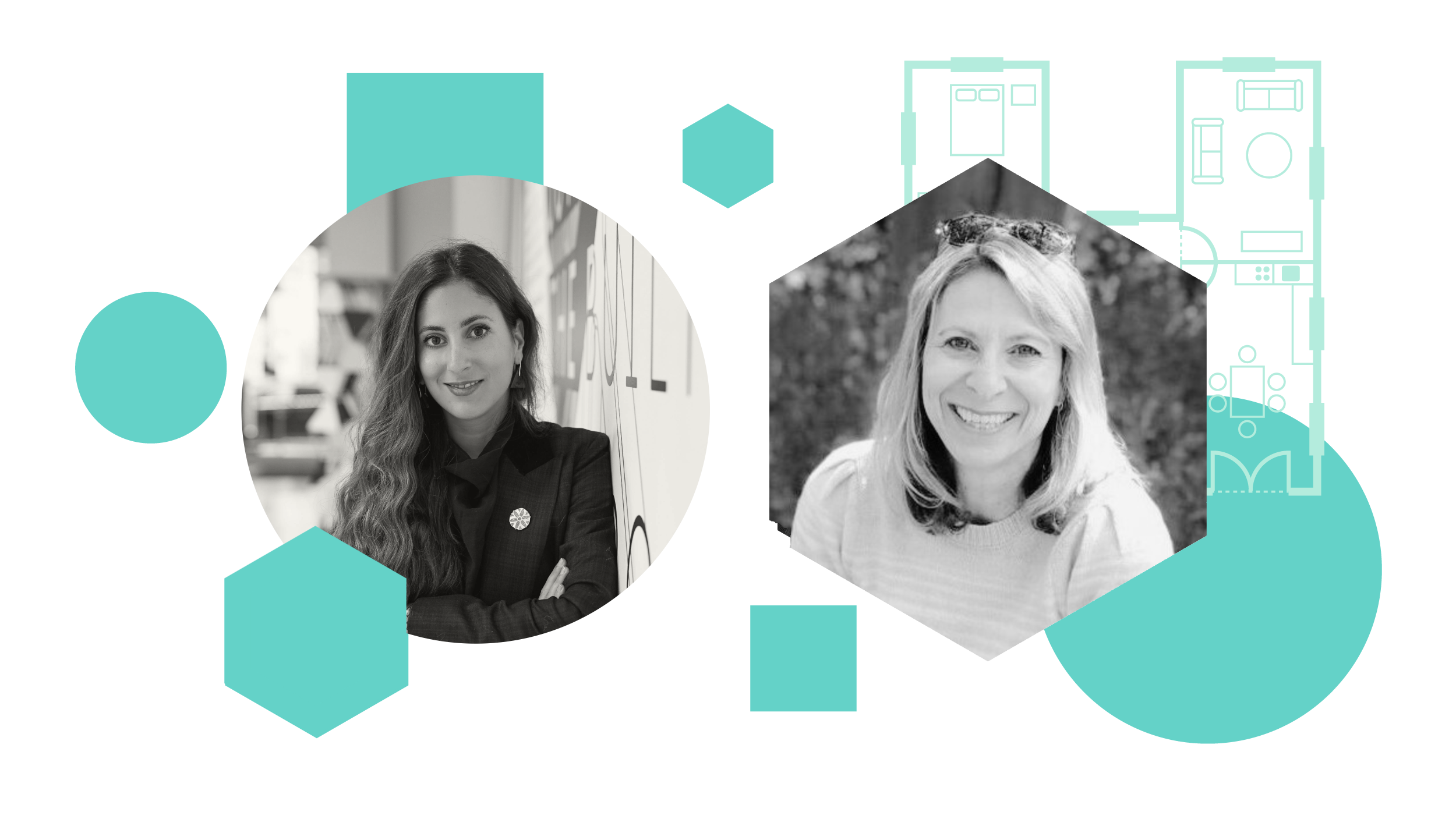
New Technology, Housing Design and the challenge of Net-Zero
Presented by Alexia Gkika and Rachel Wooden
Panel Guest Derek Wood
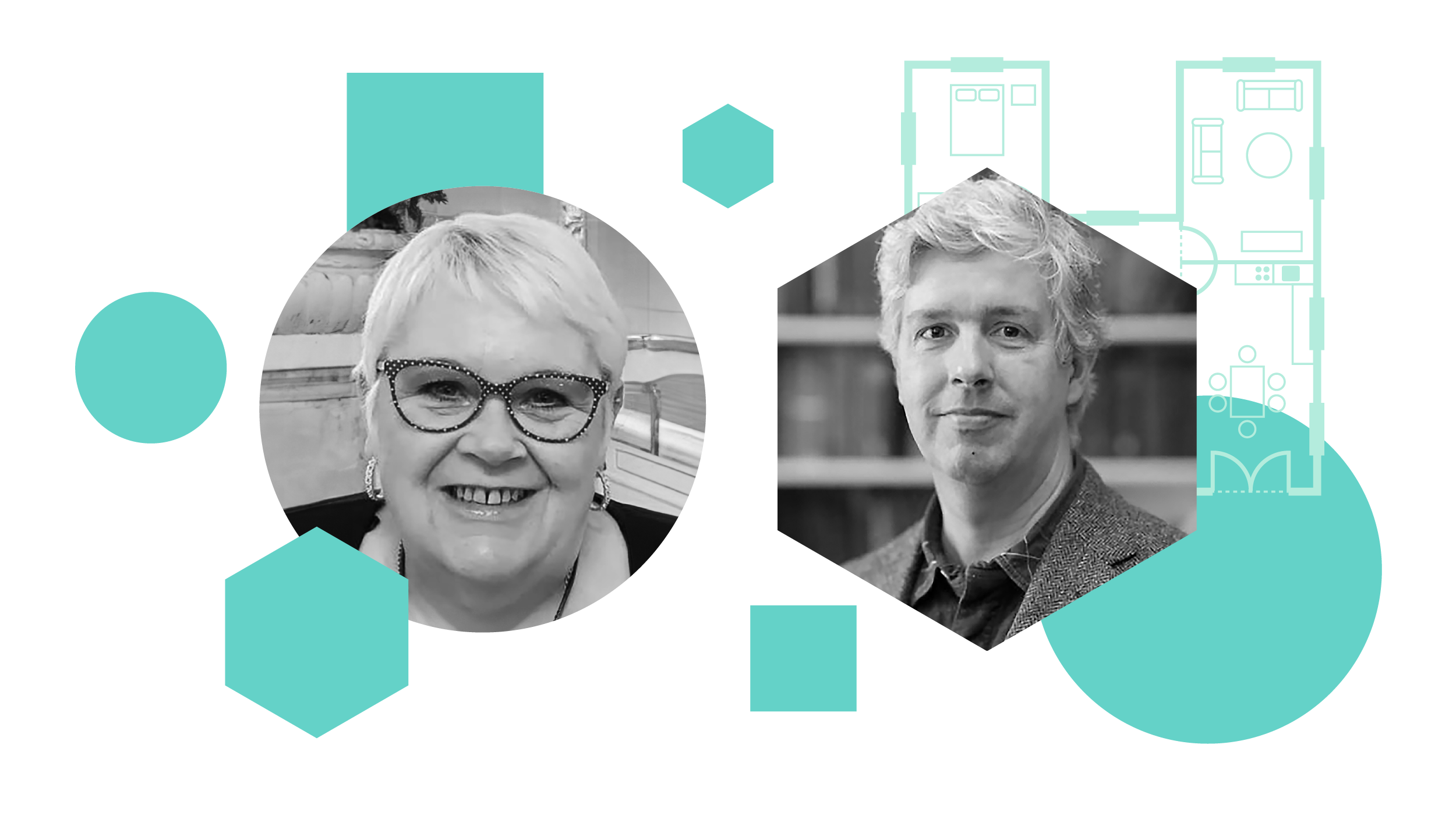
Robust Design
Presented by Richard Maguire and Jules O'Brien, Diane Chadler and Karen Flatt
Panel guest Graeme Jackson
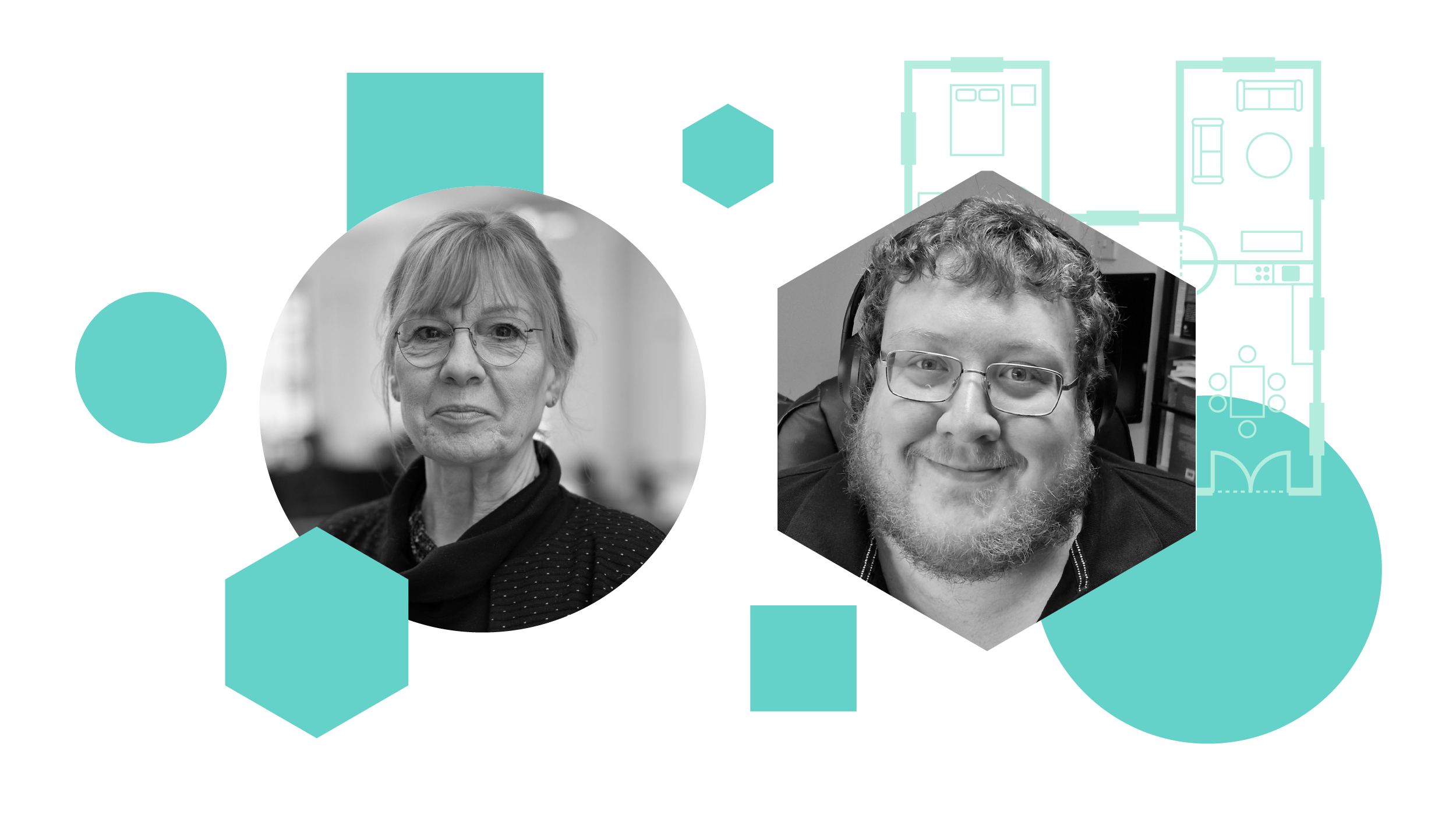
An Introduction to Designing Homes for Autistic People with Sensory Differences
Presented by Jean Hewitt and Chris Memmott
Panel Guests Jacky Martel and Catherine Bennett

Housing and Support
Presented by Doreen Kelly and Dr Cassandra Lovelock
Panel guests David Holt and Adam Russell
DHSD Speakers
-
![]()
Alexia Gkika
Alexia is an Associate Lighting Designer in Buro Happold, London. With a particular focus on links to sustainability and inclusivity, Alexia is fascinated by the rapidly advancing LED technology and lighting controls offering great benefits in terms of energy optimisation, material resources and product longevity. However, caution needs to be taken where aspects related to the sensorial stimulation and visual comfort of all users with particular attention to people who are hypersensitive to light, as is the case with many people with sensory processing differences often experienced by users with neurodivergent and neurodegenerative conditions. Her keen interest has led her to dedicate time to collaborations with academic bodies and research institutions to deepen her experience and knowledge range.
-
![]()
Dr Cassandra Lovelock
Cassie (she/they) is a Black mixed-race wheelchair user living with chronic illness and neurodivergence. She is a scholar activist whose work focuses on ethical, community based and lived experience led research, education, and policy making practice within the fields of mental health, neurodiversity, unpaid care, critical disability studies, and race studies. Cassie's current academic work focuses on the intersections of poverty, mental illness, and support from the welfare state in the UK and ethical ways of co-producing knowledge and knowledge equity among communities that are disempowered within mental health, social care, and welfare services in the UK. She is a lead lived experience consultant in NHS England's adult mental health, and mental health, autism and learning disability quality transformation teams.
-
![]()
Catherine Bennett
Lets for life
Catherine is CEO of Lets for Life – a registered charity and housing provider specialising in creating personalised housing choices for autistic and disabled people. Catherine helped set it up from scratch in 2014, becoming CEO is 2017 – with the mission of trying to make it simpler for people to find housing – trying to break down the bureaucracy and navigate new ways through a rigid system. She has a particular passion to provide real homes for people who are currently stuck in hospitals.
She is also the mother of 2 daughters and now facing things from the perspective of a parent of an autistic child.
-
![]()
Chris Memmott
NdC Associate & Co-Founder
Chris brings extensive experience supporting change in practice in education and healthcare settings to ensure neurodivergent cultural and communication needs are understood and met. He is great at providing gentle and effective challenge to address poor practice and support services to deliver better outcomes for the neurodivergent populations they serve.
Chris is experienced in providing mentorship and development support to neurodiverse individuals who are struggling to identify and meet their own needs. He does this by sharing his own experience to give insight, identification and understanding.
-
![]()
David Holt
I am the Chief Housing & Development Officer for Choice Support who I have worked for, for over 16 years, I am a chartered surveyor and a member of the Royal Institute of Chartered Surveyors and have worked in Housing & Development for over 35 years.
I have worked in partnership with NHSE and various local authorities to deliver many projects through the transforming care programme and the department of health re-provision programme, delivering core and cluster models, single person services, respite and mental health forensic step down services. I have a passion for delivering flexible housing models that will make a difference for the people we support and I am passionate about creating the right environment and learning from the things that do not work.
-
![]()
Derek Woods
Professional northerner, dad of 4 older children, and a grandad of one. Two of my children are autistic. I am an experienced Senior Strategy Manager with a demonstrated history of working in the NHS, local government, and the commercial real estate industry.
My hobbies include painting, cooking, and trying to play my guitar. I’m looking forward to the day I can teach my grandson to catch a rugby ball.
-
![]()
Diane Chandler
Diane is currently working at Sussex Partnership Foundation NHS trust as an Occupational Therapist in the adult learning disability service.
Diane have been in her current role for 25 years. Recently Diane have been working on projects that focus on supporting people moving from hospital into their own homes and specifically looking at how to support someone to make choices on how they would like their home to look and feel.
-
![]()
Doreen Kelly
Doreen started her career as a mental health nurse but soon moved to work in the voluntary sector, she has worked in the voluntary and independent sector since 1986 to help people become full and active citizens. During this time supporting many people to leave institutions. She has been involved in setting up several small, person-centred organisations in both England and Scotland. Doreen is the Director of Beyond Limits, an organisation that supports people who have labels of being challenging and complex to support. Beyond Limits use a tailored approach and Individual Health Budgets (IHB’s) in the form of an Individual Service Fund (ISF). Beyond Limits supports people to come back home from institutional care environments and to take up their rightful place in their community by offering the tailored support that people need to do this successfully.
-
![]()
Graeme Jackson
Advance is a Registered Provider, providing supported housing across a large part of England from the Midlands south. Graeme has worked for Advance for 28 years in different roles. In his current role as Head of Investment and Development he supports in providing new homes for people with long term disabilities.
Advance has recent experience of providing robust homes for people to support their health, wellbeing and independence.
-
![]()
Jacky Martel
Jacky is a parent of two autistic young men. One also has a severe learning disability and sensory processing differences. Jacky and her partner have taken several years to secure the right housing and support for their son, including purchasing a property through the HOLD scheme (home ownership for those with long-term disabilities) and extensive adaptations through a disabled facilities grant that challenged the traditional view of the scheme.
Jacky has supported other families voluntarily through similar issues and given talks to groups about what she learnt through this process. She is a member of an Autism Partnership Board sub-group on housing in Gloucestershire and also works for Access Social Care – a charity that aims to help people access the social care support they have a legal right to.
-
![]()
Jean Hewitt
Jean is a leading practitioner in the Field of Inclusive Design having specialised in inclusive environments and accessibility for over 20 years. She has special interest in neurodivergent design considerations and guidance standards. Jean is technical author for PAS 6463: “Design for the Mind – Neurodiversity and the Built Environment” and longstanding member of the British Standards Institution Committee “Design of an Accessible and Inclusive Environment”.
For the past two years Jean has been the UK Government Disability and Access Ambassador focusing on the Built Environment as appointed by the Minister for Disabled People and managed by the Cabinet Office Disability Unit.
-
![]()
Jules O'Brien
I have 45 years of experience working in the care sector and started my journey firstly by training as a general nurse and then as a mental health nurse. Since then, I have also worked as a practice nurse, practice manager, deputy director for governance for the largest provider of out of hours care in the UK, a clinical auditor, trainer and ISO auditor. In 2001 I worked at a learning disability hospital, closing the wards and discharging the long-term patients into individual or group home settings. I have set up and ran an advocacy service taking on board citizen, self and group advocacy and I as I head towards my retirement I am working as an operations manager for the regulator of health care in England.
It was clear that my grandson William was autistic from a very early age and was diagnosed at 2.
-
![]()
Karen Flatt
Karen is an Architect, Studio Director and the Mental Health Lead at Arcadis who specialises in mental health design. With over 20 years of experience in designing for mental health and wellbeing she has developed a profound knowledge of both service-users‘ and healthcare professionals’ unique requirements. She has successfully designed and delivered numerous award-wining mental health schemes across different age groups, and security levels.
Karen believes that building environments play a significant role in the behaviour of their users and good design can deliver real and measurable benefits. Her aim at Arcadis is to involve users in all aspects of the design process to create sustainable, uplifting and therapeutic buildings that improve mental and physical wellbeing.
-
![]()
Rachel Wooden
Rachel Wooden has over 30 years’ experience as an Occupational Therapist. She has worked for the London Borough of Wandsworth for over 20 years both in Adult Social Care and Housing and Regeneration Department, specialising in the field of inclusive and accessible housing. She is passionate about the design and build of beautiful, accessible homes and has worked hard to increase the provision of Housing Occupational Therapists across the borough. She is also mum to an amazing autistic daughter and a priest in the Church of England where she supports the work of the London Diocese Disability Ministry Team and longs to see churches be genuinely inclusive and affirming to all.
-
![]()
Richard Maguire
Neurodiverse Connection Associate
(he/him)
Richard has been working with autistic people and people with learning disabilities throughout his career. He brings a wealth of experience and insights to working with individuals, and continues to provide support and mentoring to individuals and their teams.
Richard is an experienced speaker and trainer who uses his experience to share stories and insights about autism from a lived experience perspective. Richard shares some of his learning in his book I Dream In Autism.
Lou Chandler shares reflections on how home environments can impact sensory needs, drawing on their lived experience as an autistic person. Lou explores how elements such as lighting, noise and spatial layout can affect regulation and offers gentle prompts for considering small, supportive adjustments at home.
Lou Chandler, award-winning speaker and creator behind @neurodivergent_lou, joins us on the blog to explore the importance of curating a home environment that supports executive functioning, and shares some valuable tips to help others adapt their own environment.
Festivities and holidays can be extremely difficult for Autistic and otherwise Neurodivergent people for a variety of reasons; with the way they cause so much change and differences in sensory input and an increase in social situations. For me, I am wholeheartedly of the belief that we would all be happier people during the festive season, Neurodivergent or not, if we allowed ourselves to have more alone time.
NdC Team Member Molly Anderton assesses the challenges of the festive season, and has compiled a list of tips from other members of the NdC team for managing these difficulties—including eating, routine, social expectations and sensory overwhelm.
In this blog, Aimee Fletcher, an Autistic PhD researcher at the University of Glasgow, discusses her research on how cultural heritage organisations can make changes to become more accessible to Neurodivergent people and, by extension, all audiences.
Kay Aldred (NdC Development Lead) shares her recommendations for coping with seasonal change, grouped into four key approaches: making physical adjustments, supporting mental and emotional wellbeing, supporting energy levels and reducing executive functioning burden.
In this three-part series, NdC Development Lead Kay Aldred examines the complex entanglement of Neurodivergence and trauma, and the implications this has for the concept of “recovery”. In this third and final part, Kay explores how connecting to community can play a part in recovery from trauma.
In this three-part series of blogs, NdC Development Lead Kay Aldred examines the complex entanglement of Neurodivergence and trauma, and the implications this has for the concept of “recovery”. In this second part, Kay explores how connecting to the body can illuminate an understanding of trauma and recovery.
In this three-part series of blogs, NdC Development Lead Kay Aldred examines the complex entanglement of Neurodivergence and trauma, and the implications this has for the concept of “recovery”. In this first part, Kay explores how natural rhythms, such as the seasons, can illuminate an understanding of trauma and recovery.
Cassie Lovelock considers what would an accessible social housing system look like for neurodivergent folk?
AuDHD author Sarah Boon shares how she has carefully chosen and adapted the colours, textures, furniture and lighting of own home to suit her sensory processing needs.
Charli Clement (NdC Associate) examines the challenging sensory environments of psychiatric inpatient wards in the context of the little-discussed eighth article of the Human Rights Act.
This research roundup picks out some of the current Neurodivergent Affirming and best practice research around sensory needs in housing.
Krysia Waldock shares five key tips for managing the physical, sensory and emotional demands of the festive season.
As I write this I sit in my ground floor in Deptford, London. I grew up in this area and every street, crevice and cobbled alleys holds pieces of hazy memories from my youth. You see I was made in Deptford and now I feel as if the place that defined who I am is dying piece by piece, with each new edgy coffee shop and hairdresser my old stomping ground ceases to be.



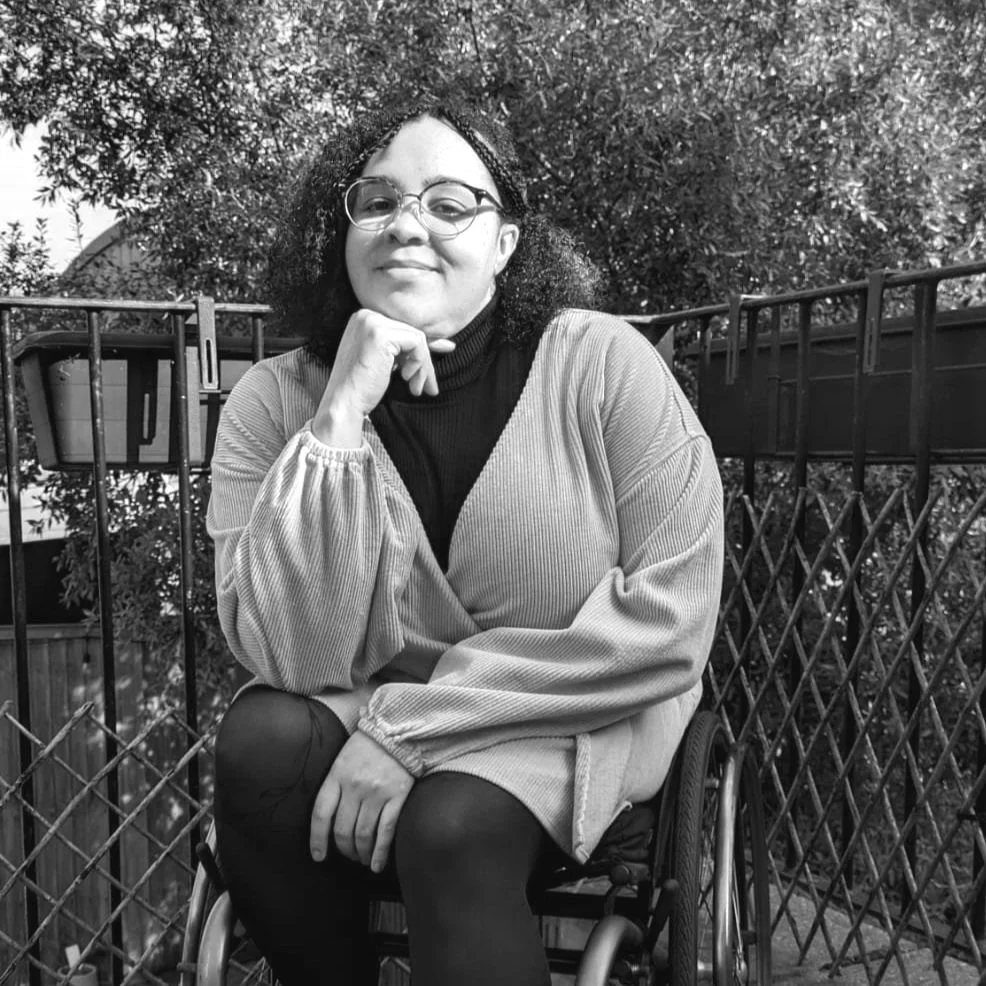




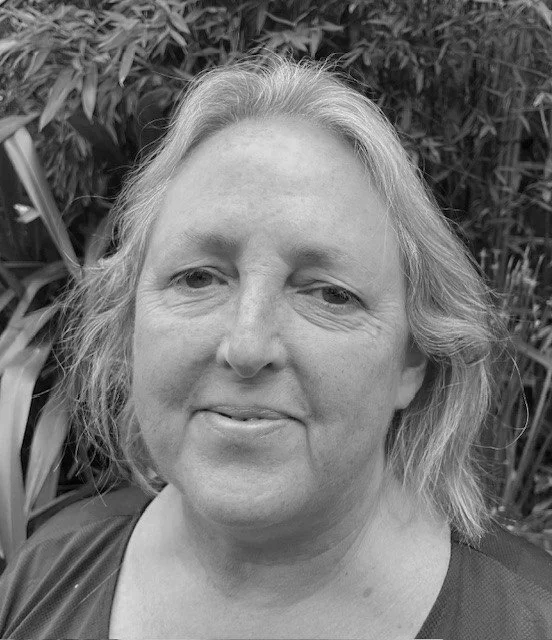

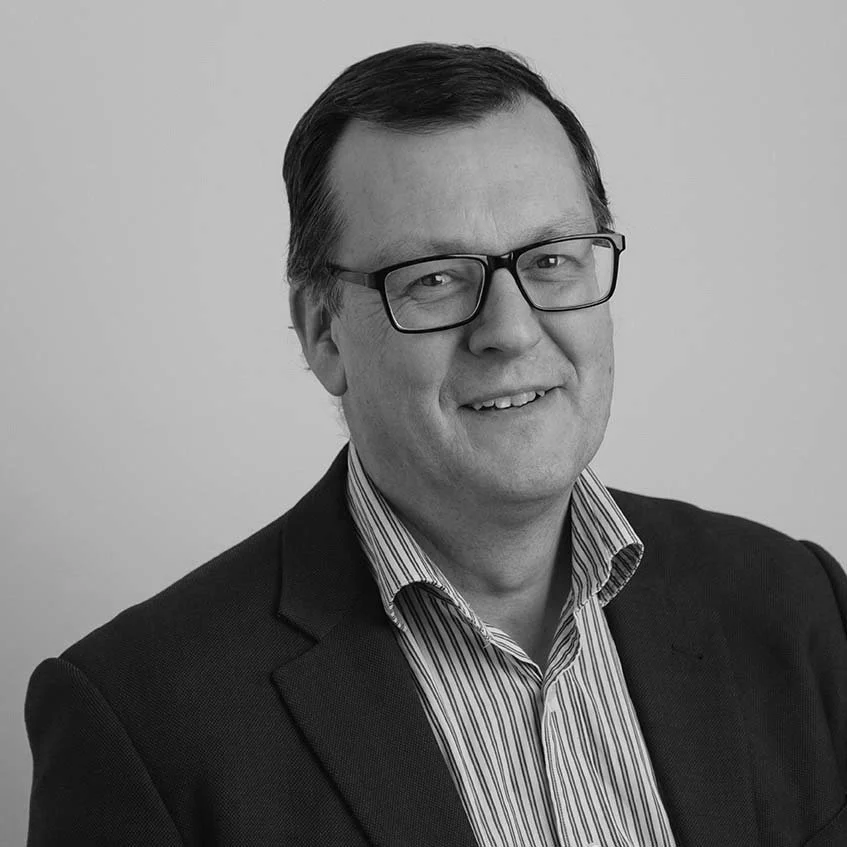


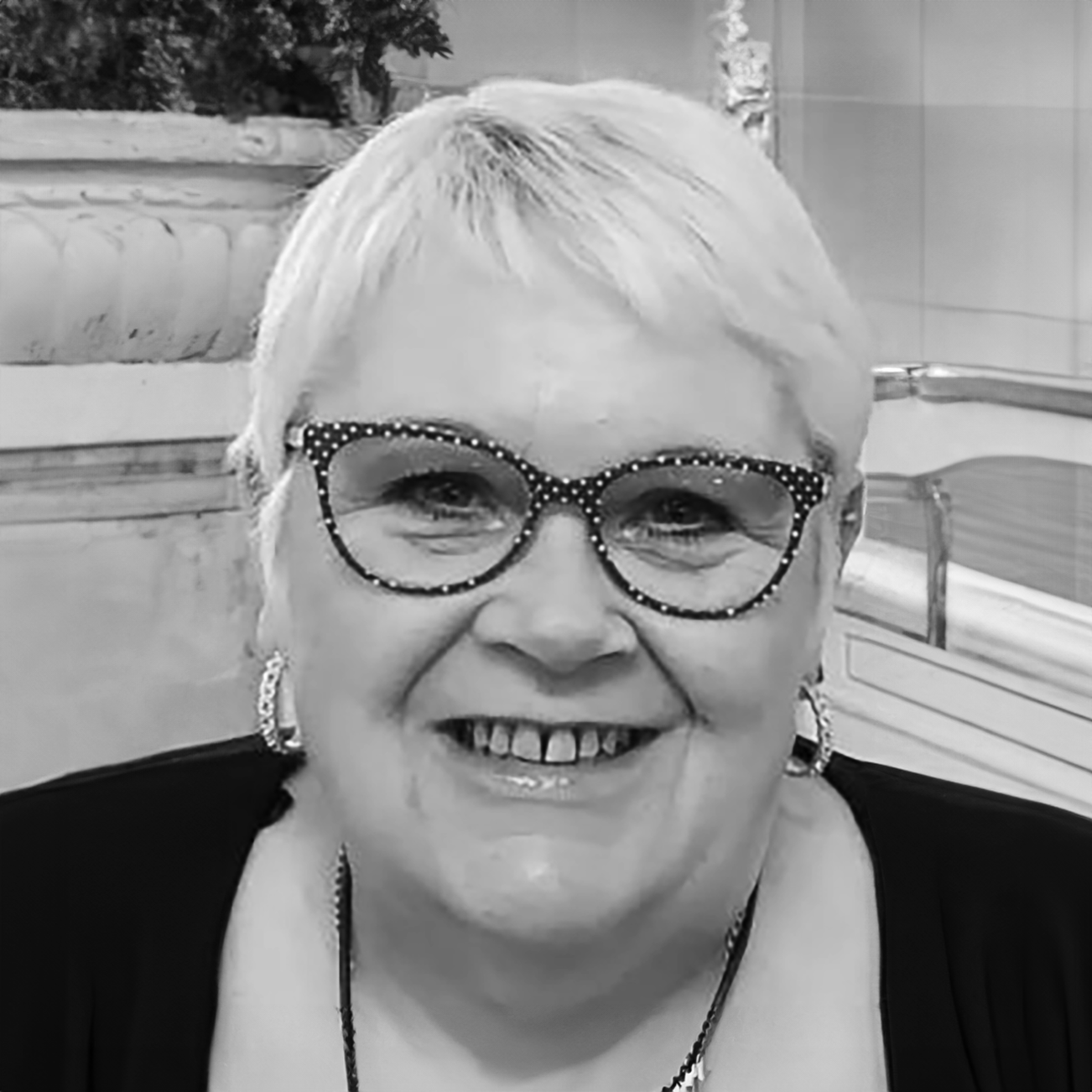
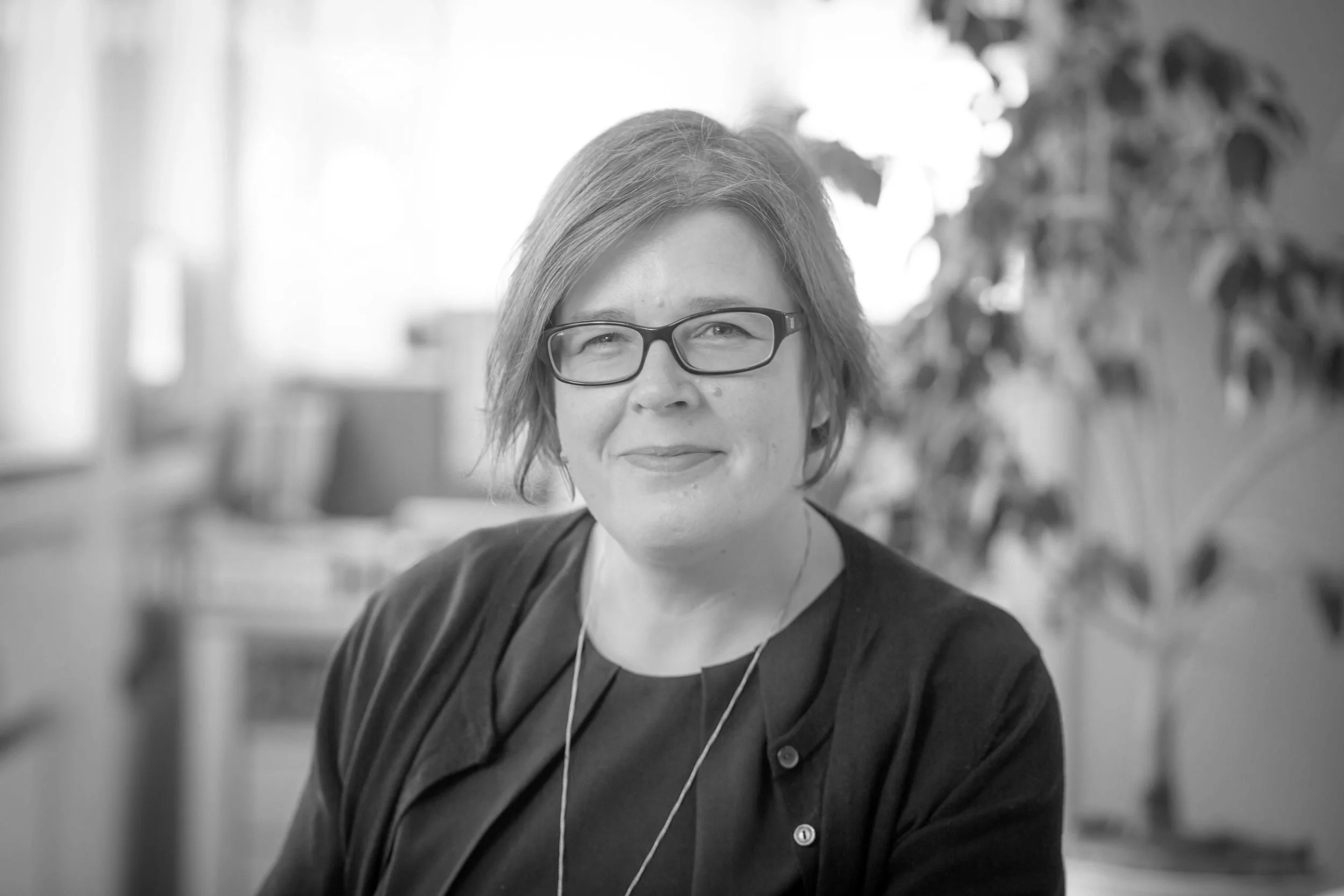


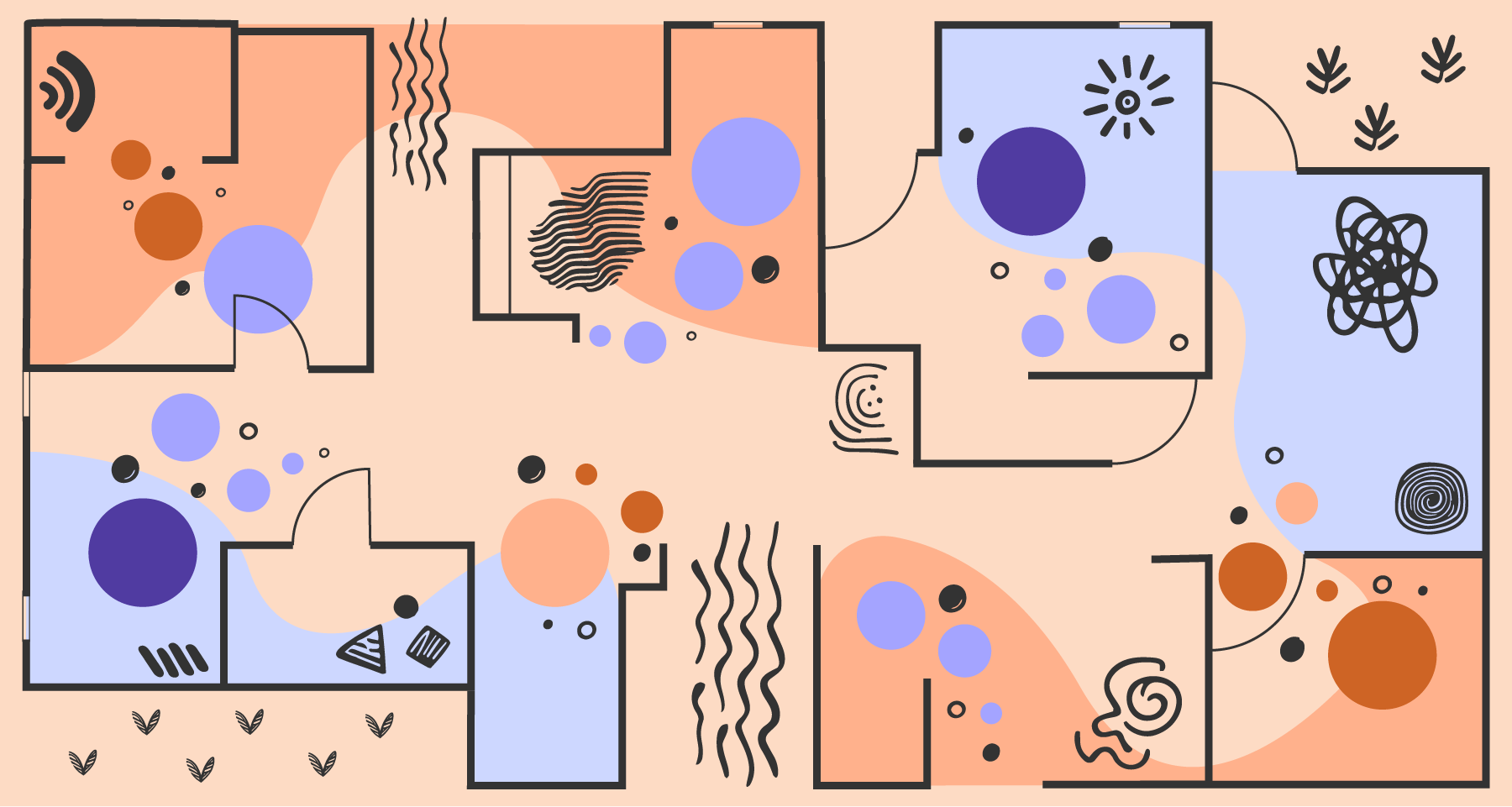
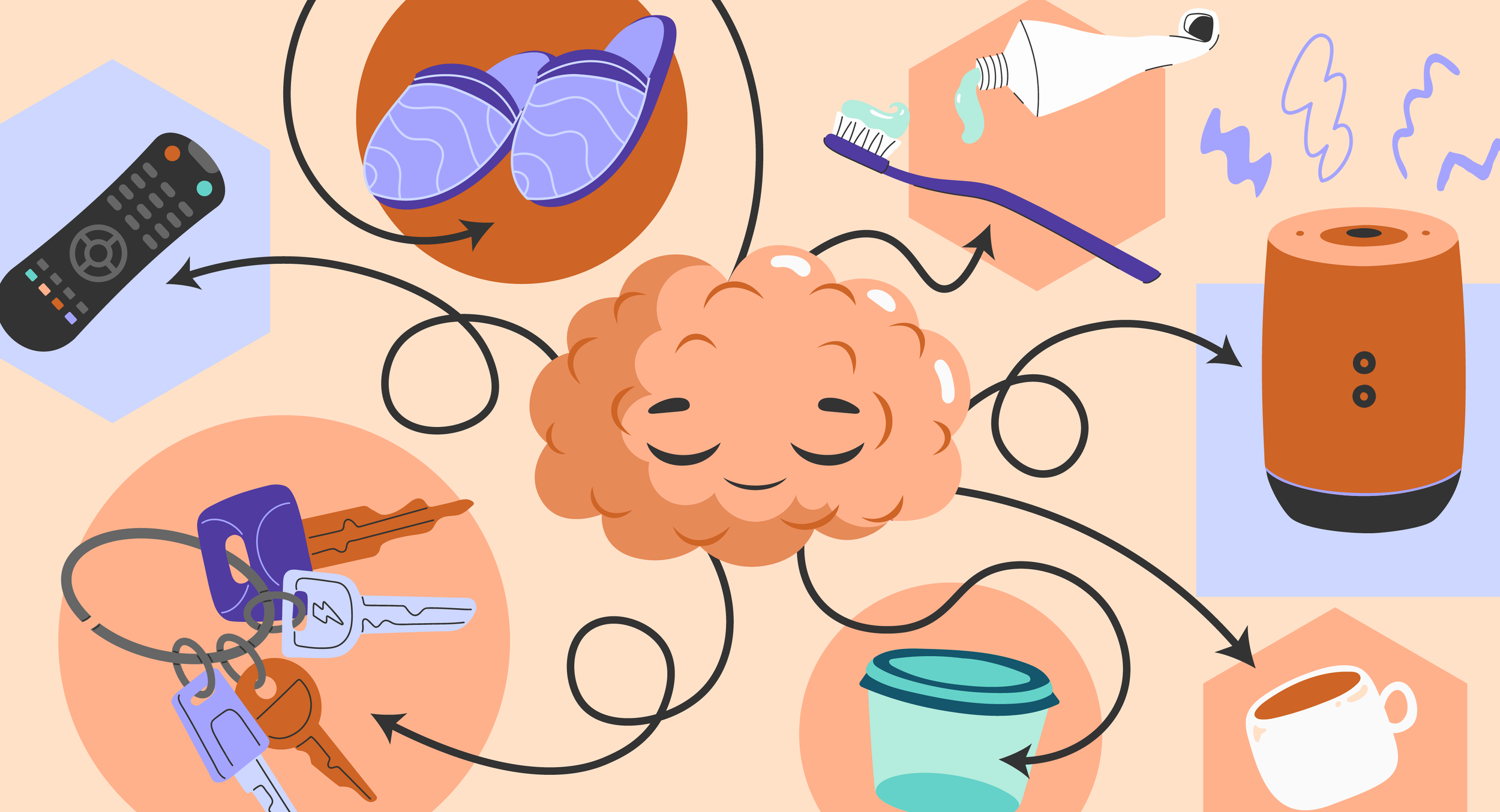





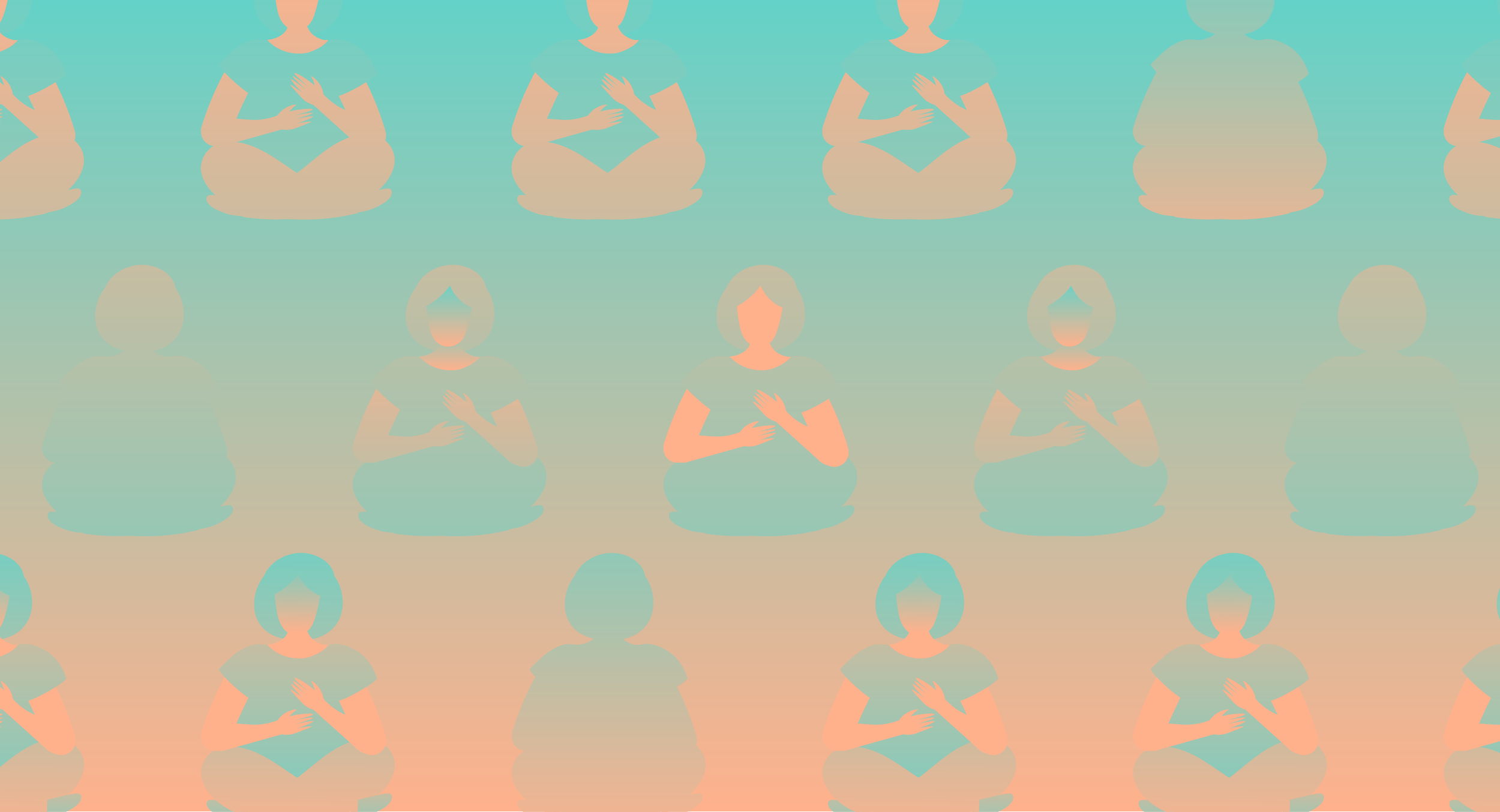

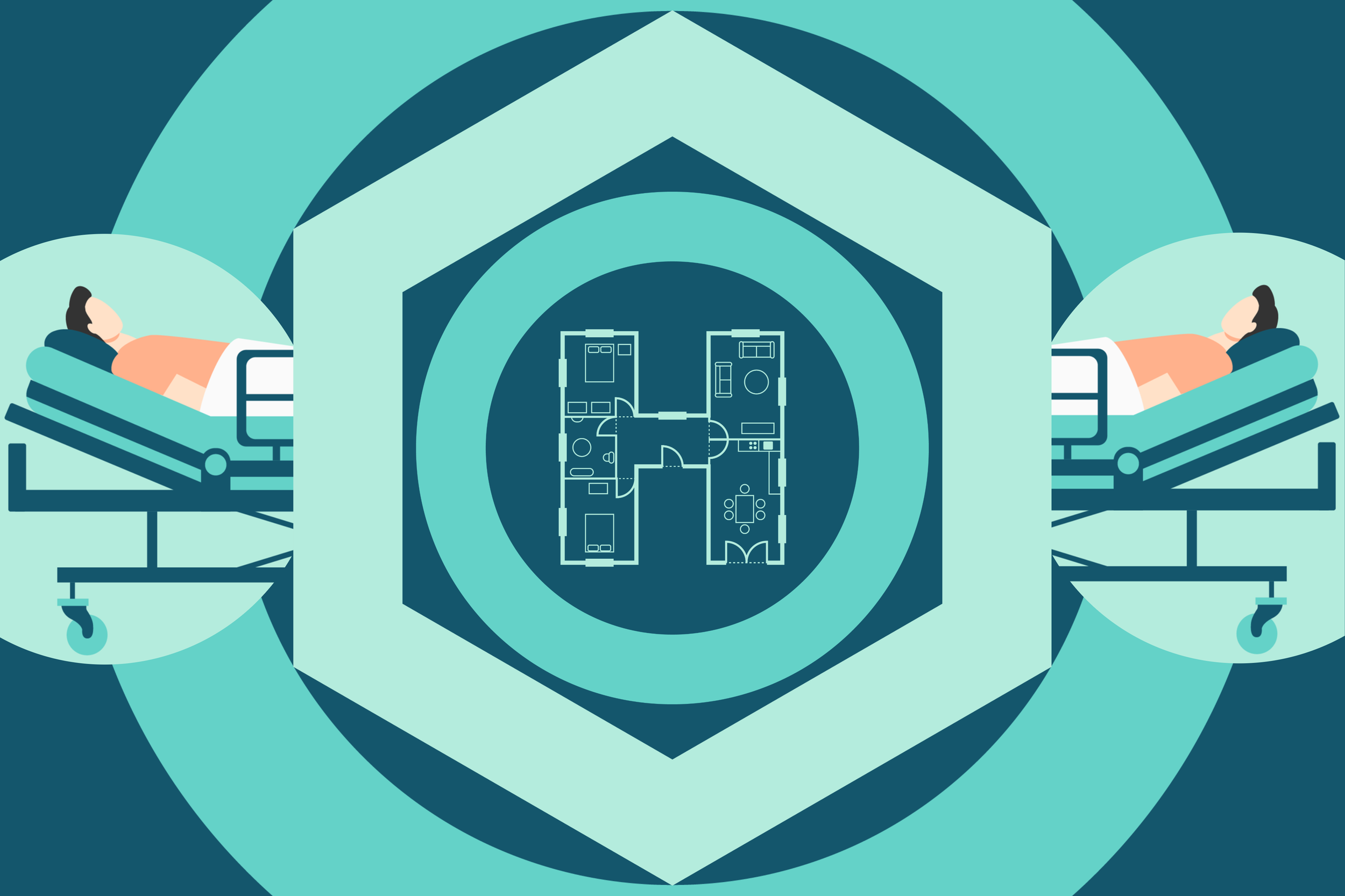
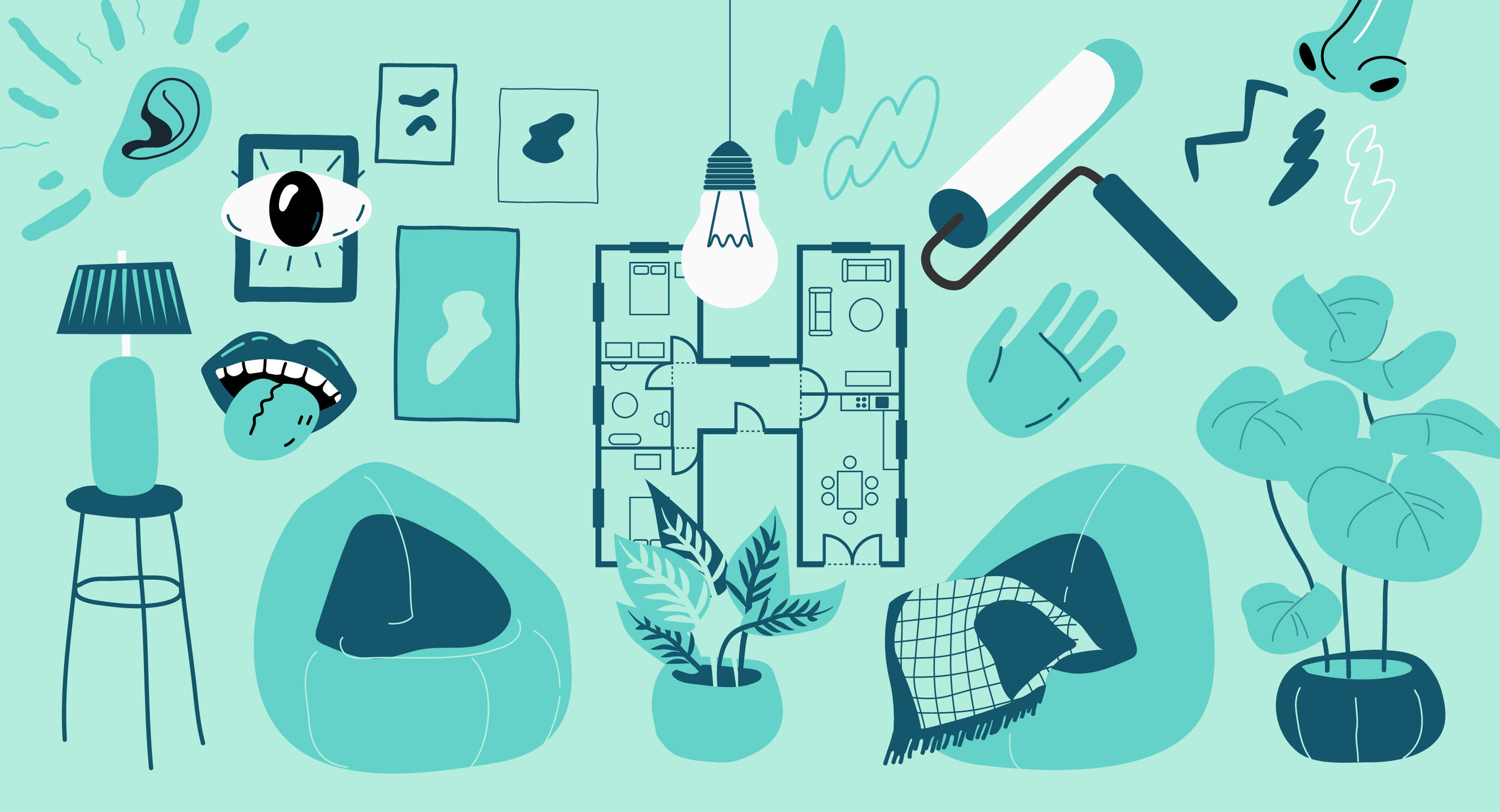
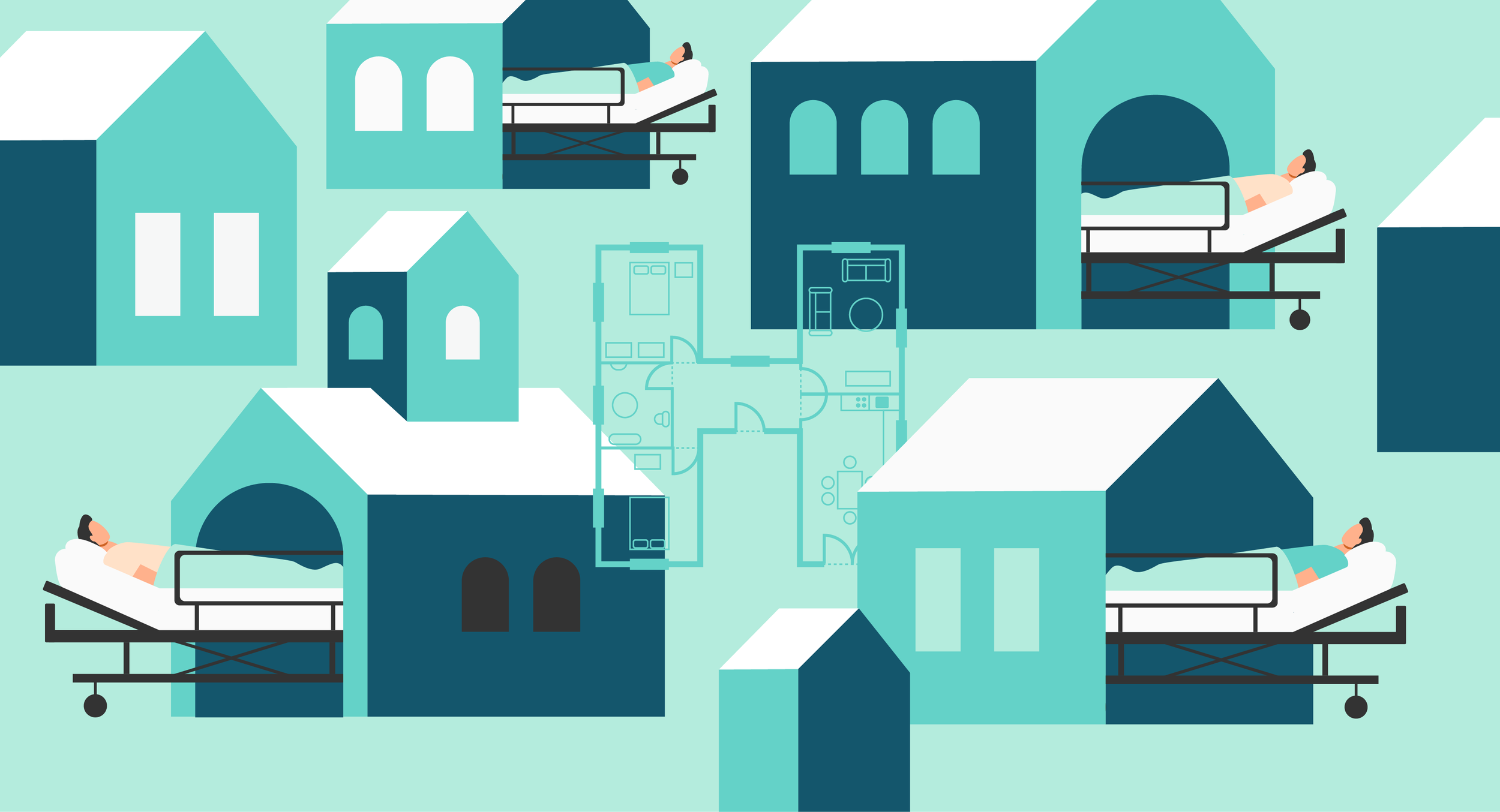
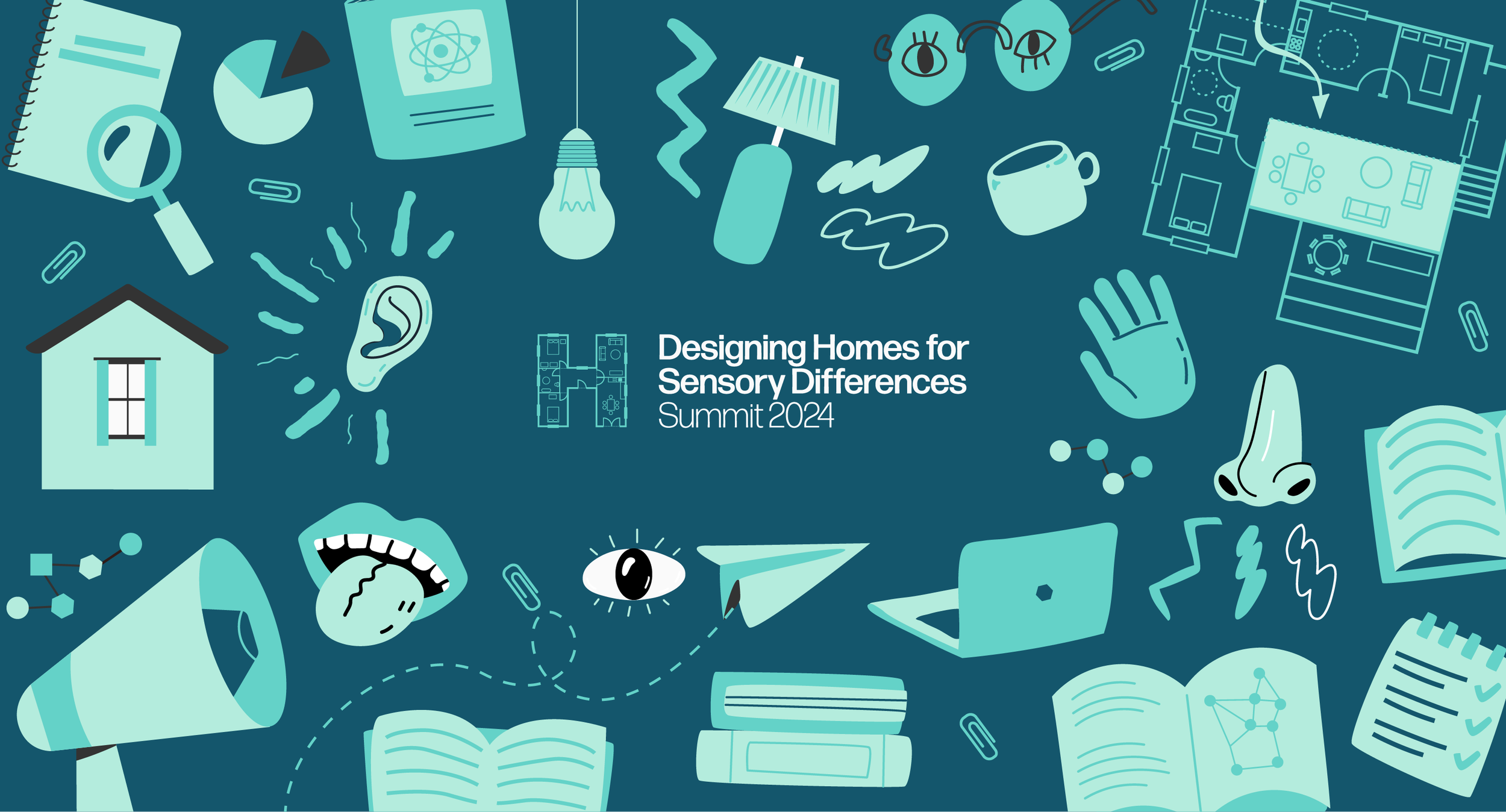
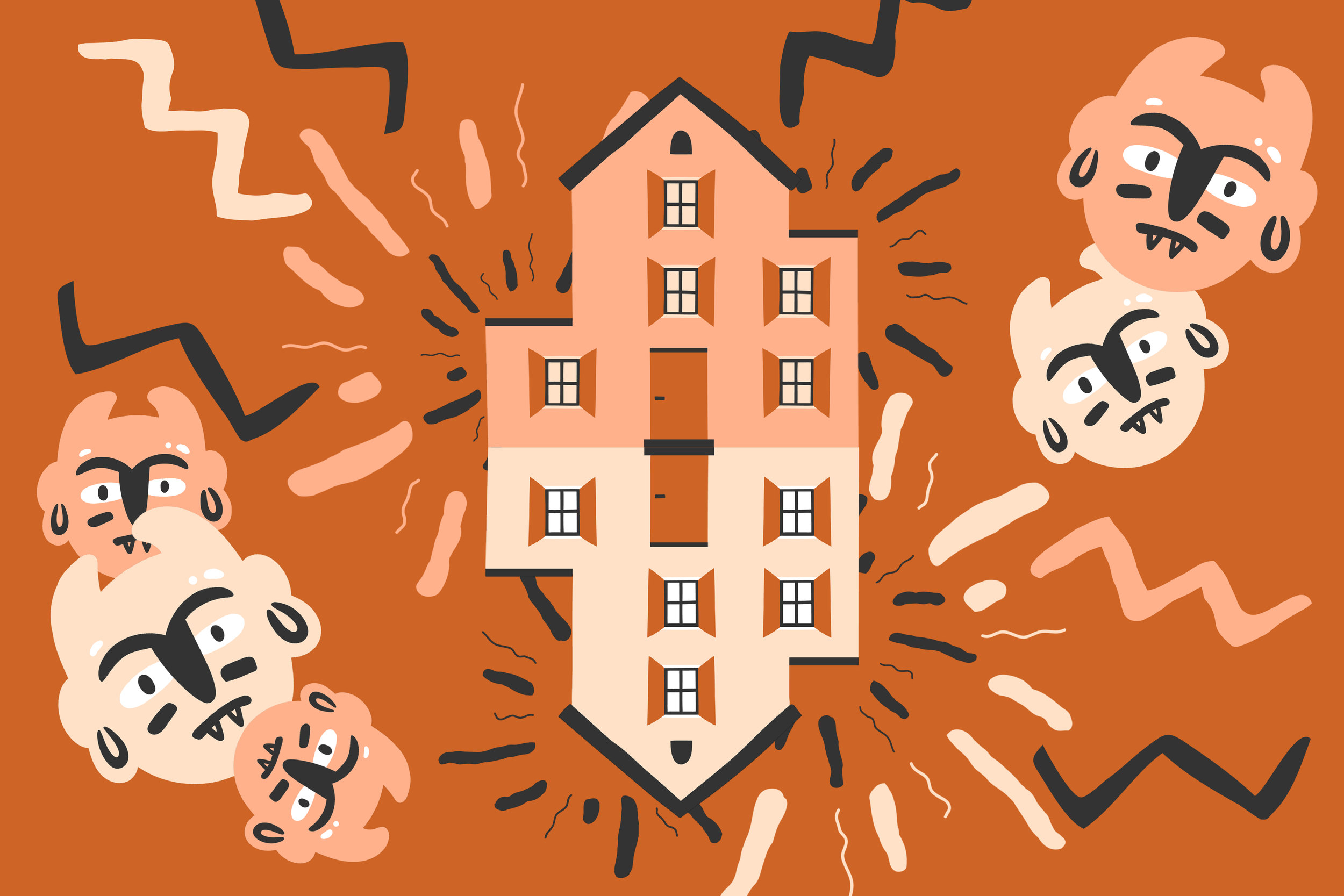
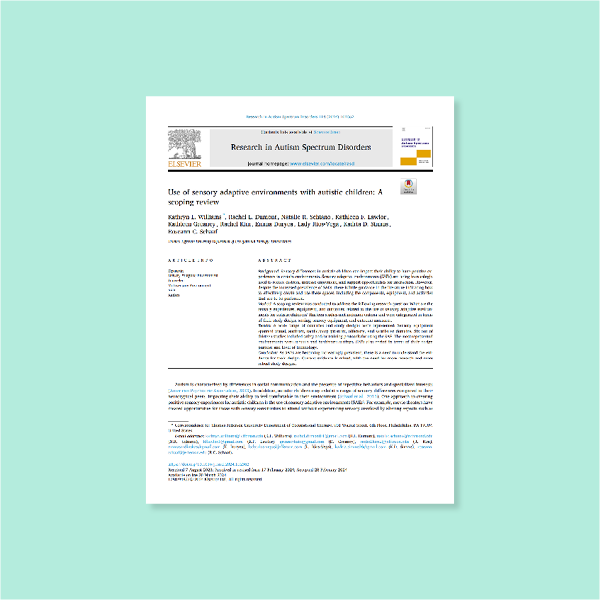
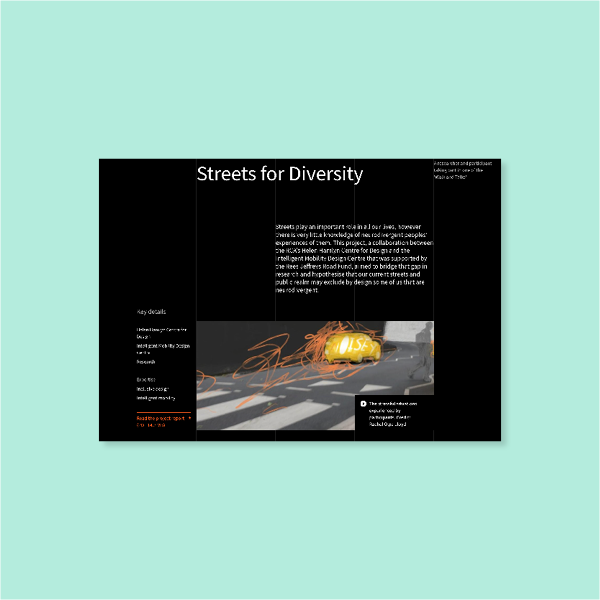


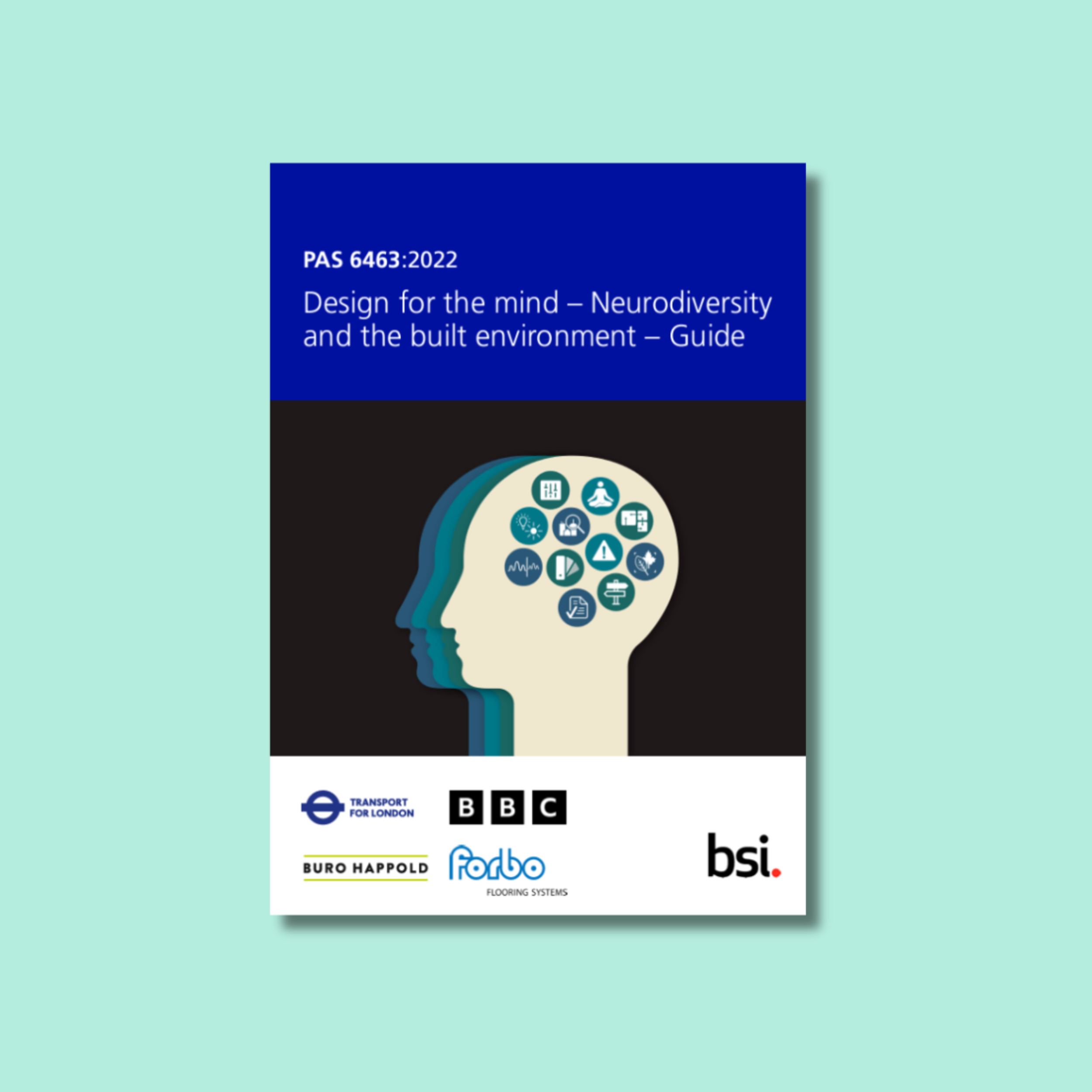

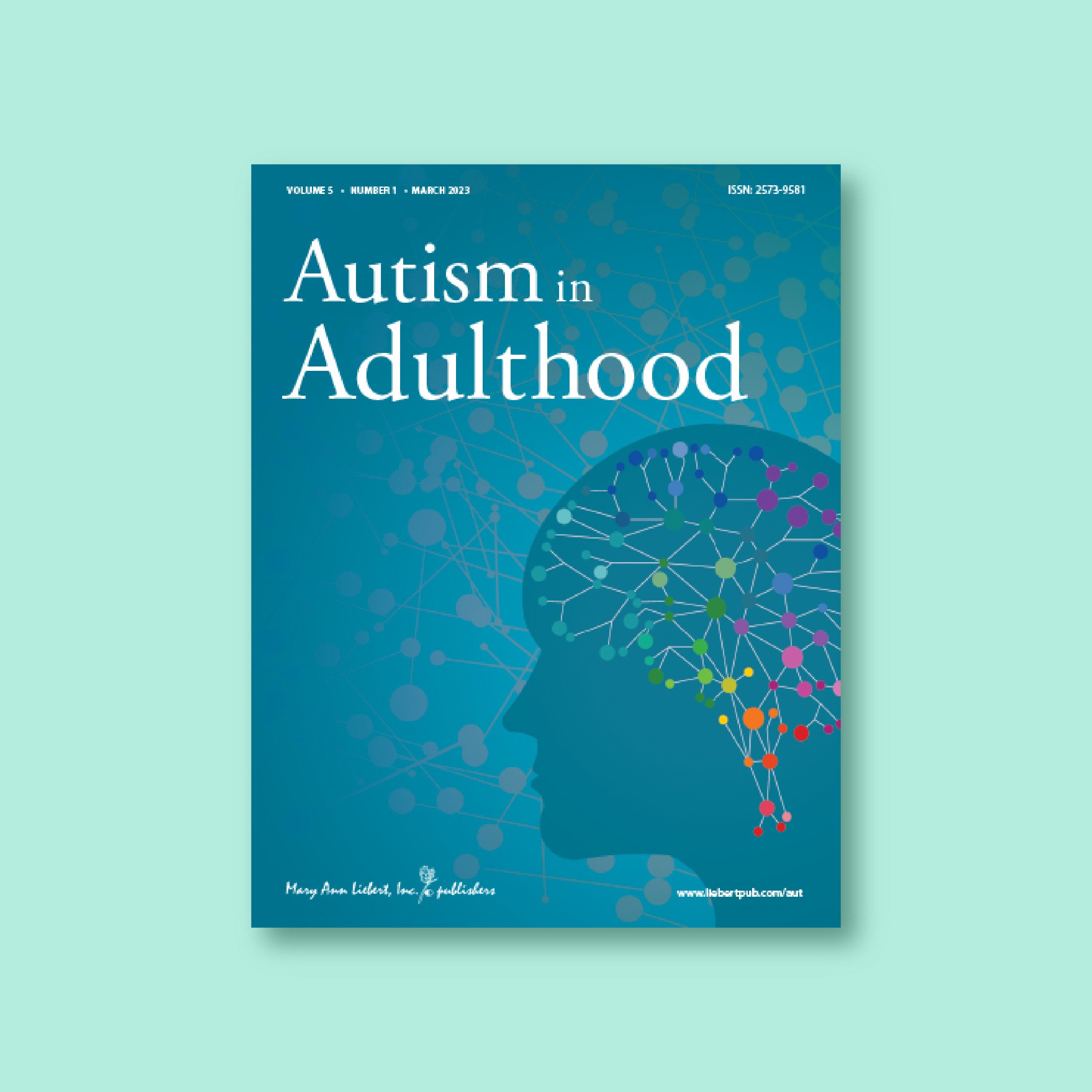
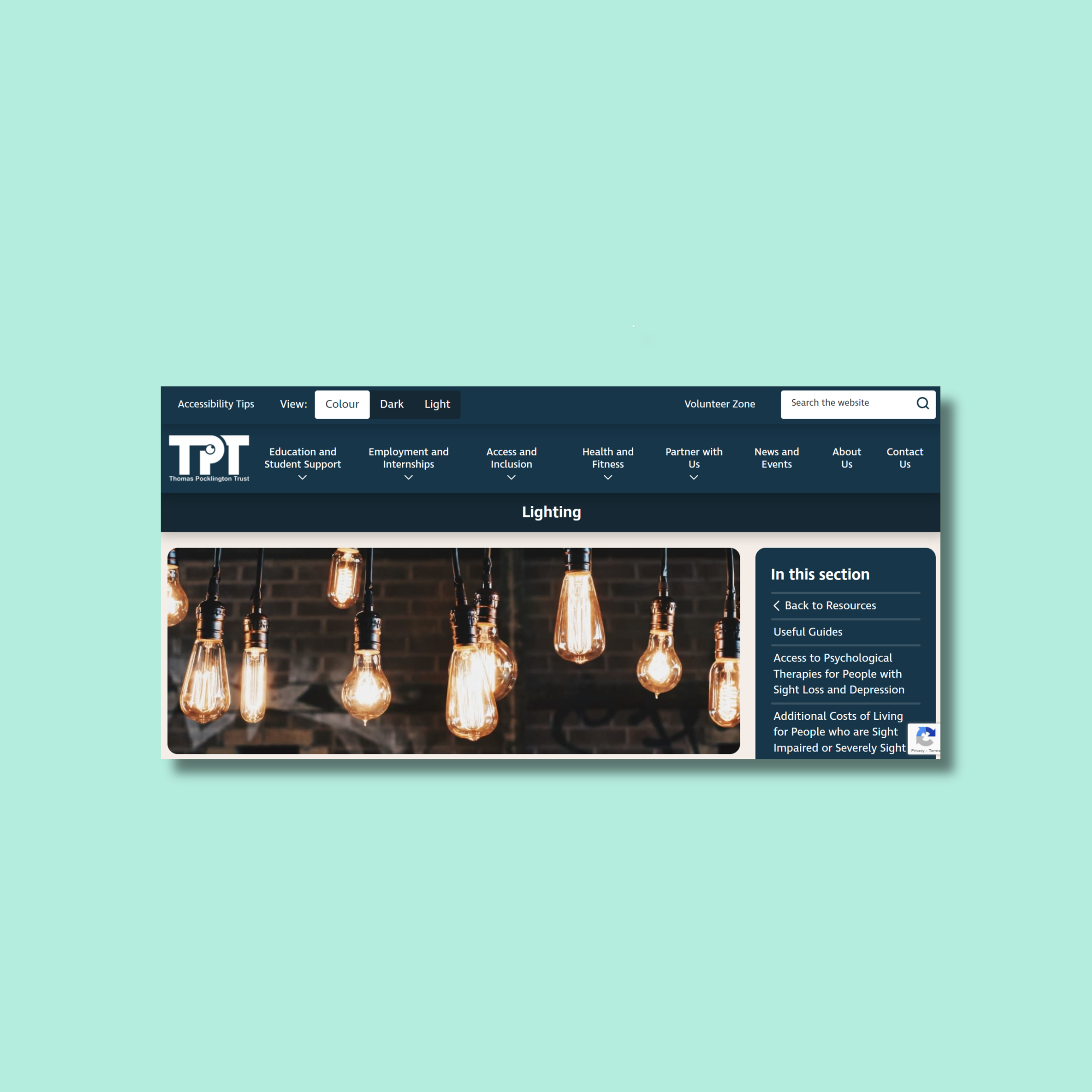

During Children’s Mental Health Week, “This Is My Place” invites us to rethink how we support Autistic children. Helen Edgar explores how creating safe, Neurodivergent-affirming spaces—where children’s sensory needs, communication, and interests are respected—helps them feel they truly belong and thrive.